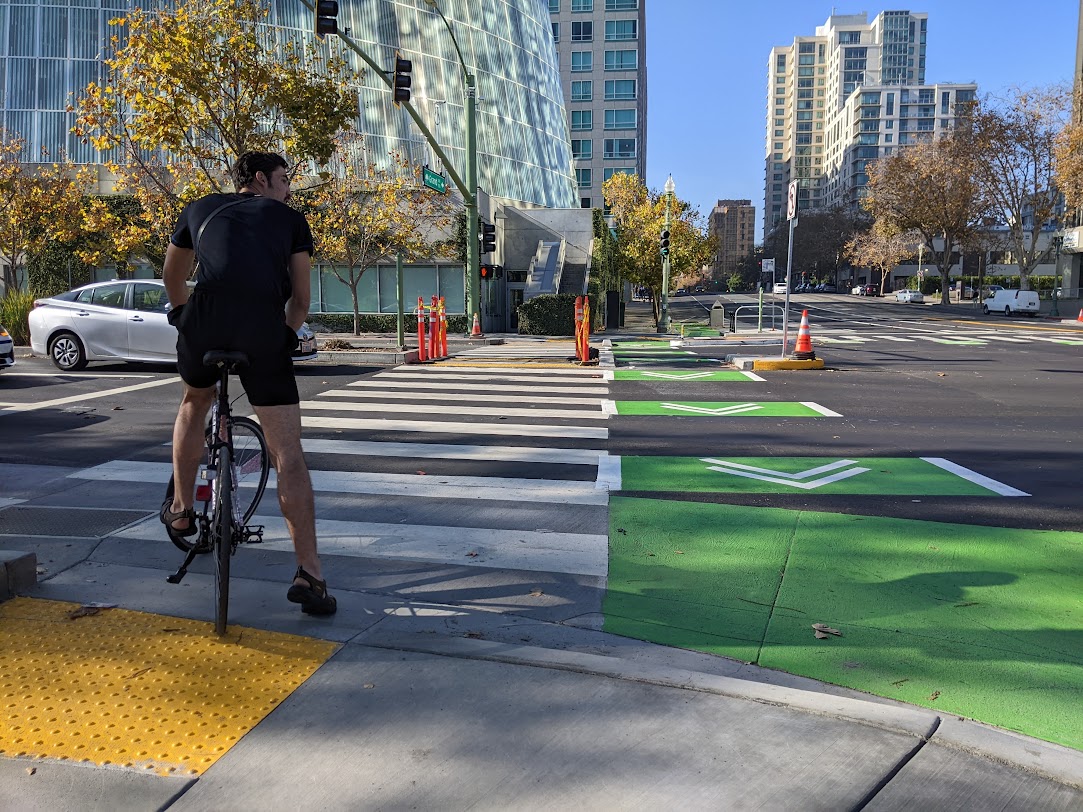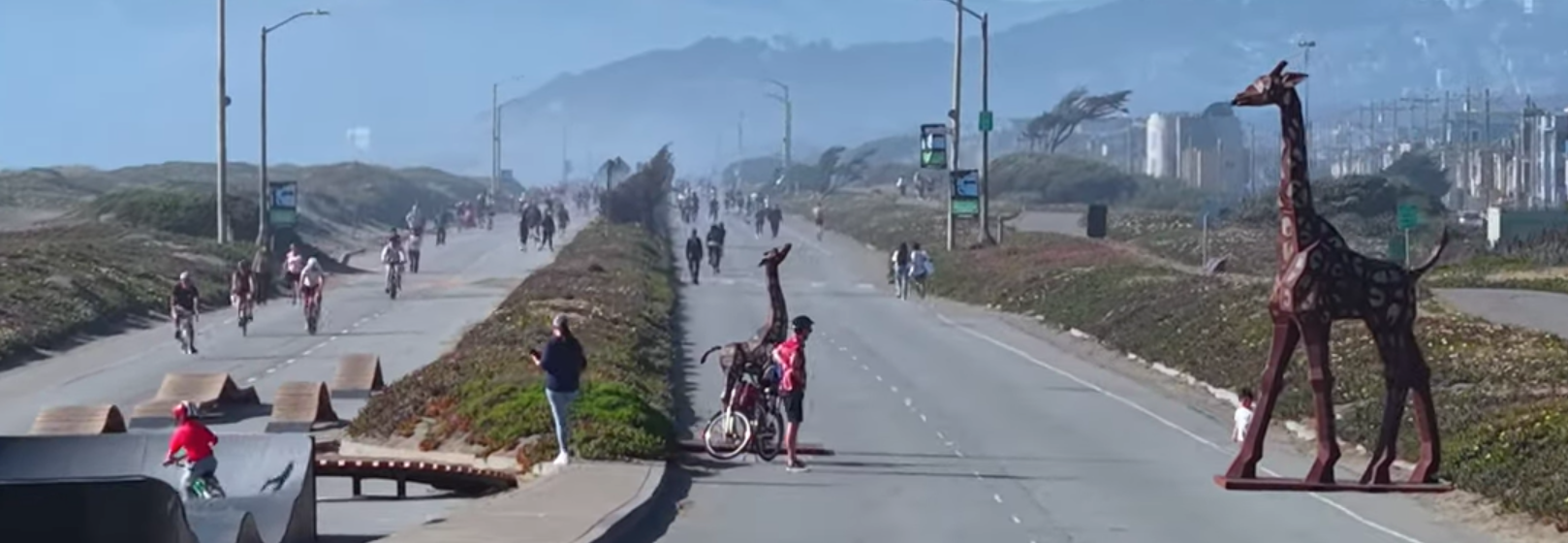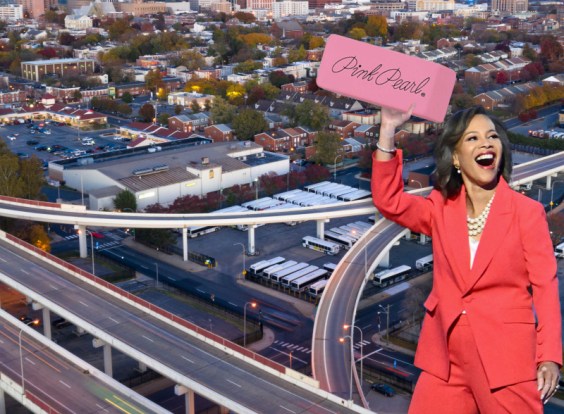If your roads are congested, your bus lines are getting cut, and money is flowing to brand-new roads to nowhere, don’t blame your mayor. Chances are, he or she is as mad about it as you are. Mayors are speaking out against ineffective transportation funding mechanisms that direct scarce resources to sprawling highways and away from urban transit and safer streets for walking and biking

“Mayors are on the front lines of building livable and sustainable communities,” Atlanta Mayor Kasim Reed said this morning at the National Press Club. “We are where hope meets the street.”
He was talking about a new survey of 176 mayors showing that 93 percent of mayors want greater control over federal transportation dollars, which normally flow through the states, shortchanging metro areas.
In the words of the U.S. Conference of Mayors, which sponsored the survey:
Metropolitan areas account for 86 percent of employment, 90 percent of wage income, and over the next 20 years, 94 percent of the nation’s economic growth, but they are saddled with the nation’s worst traffic jams, its oldest roads and bridges, and transit systems at capacity. Simply put, these areas are receiving significantly less in federal transportation investments than would reflect their role and importance to the nation’s economy.
With greater control over transportation resources, the mayors made it clear that they would have far different priorities than the states that usually hold the power. Specifically, mayors say they would invest in maintaining – not expanding – roads and bridges. Eighty percent say highway expansion should be a low priority. Mayor Reed said:
The reverse is true for public transit. Mayors identified the need to grow public transit capacity and operating assistance to meet the escalating demand for more public transit, rather than just simply maintaining what is already in place, and we know the sustainable attributes of public transit as well.
Three-fifths of the mayors also said the lack of funding for bicycle and pedestrian projects was a key issue. “These aren’t gimmicks anymore,” said Reed. “They’re part of a having a high quality of life in the cities where we live.”
The mayors also made clear they wouldn’t favor a gas tax increase if transportation funds were allocated in the traditional way, but that 70 percent would support it if a share of the funding were allocated directly to local governments, and with more money going to bike and pedestrian infrastructure.
Mayor Reed said the disconnect between state and local governments is essentially a tension between the needs of rural and urban areas. “There is a dominance of the rural parts of the state that I think creates a bit of imbalance from the economic reality,” he said. He called it “old-school politics.”
"I spent 11 years in the Georgia general assembly," he said."Anytime I needed to get an important bill I knew I would be in the car for a couple of hours going to see some chairman of a committee who was in Tallapoosa or Houston County or some other part of the state because there was a dominance there."
“Now I like rural folks as much as anybody,” he went on, “but the fact of the matter is when you look at how our dollars are deployed at the state level they’re deployed in a fashion that is inconsistent with where jobs are and where the economy is created.” That was fine was the U.S. was the world’s incomparable economic superpower, but we need to be more thoughtful with our spending these days, he said.
Reed made clear that both parties in Washington are responsible for the economy and for job creation, and there’s never been a better time to invest in infrastructure. He urged politicians to broaden the conversation about deficit reduction to include the one area with historically bipartisan support: infrastructure investment as a catalyst for growth.
Six in ten mayors said they’d had projects delayed or canceled because of Washington’s failure to pass a transportation reauthorization. Reed said it had been a “disaster” for planning. He said that although he’d rather see a six-year bill, he’d support a two-year bill as a marked improvement over the status quo of constant short-term extensions.




